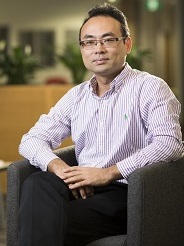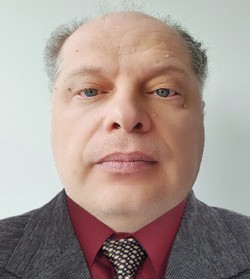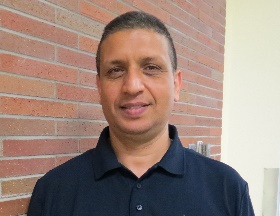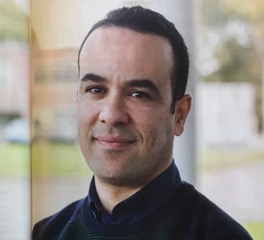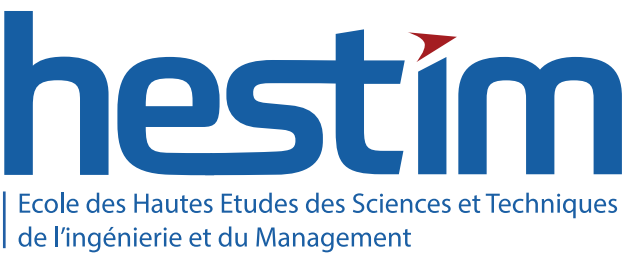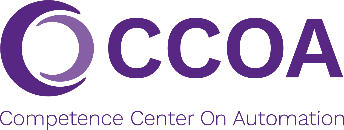- CCIS 1677 is now available online and can be accessed at: September 2022 Lien

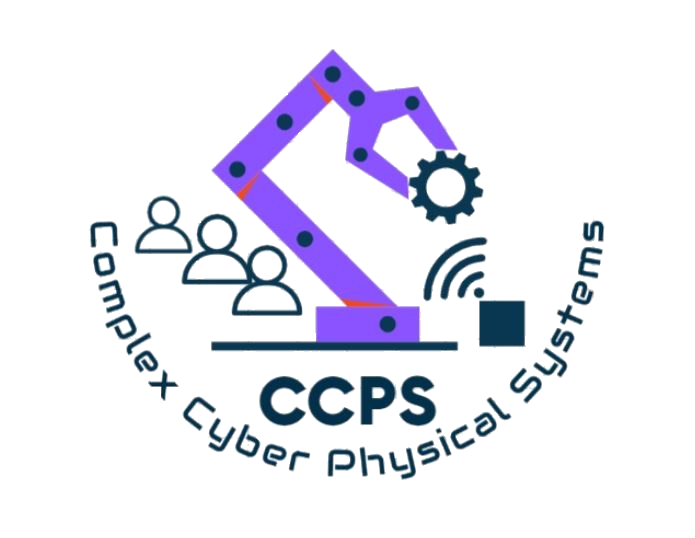

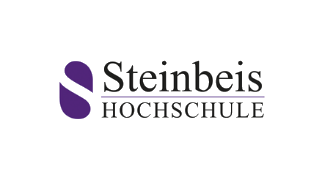
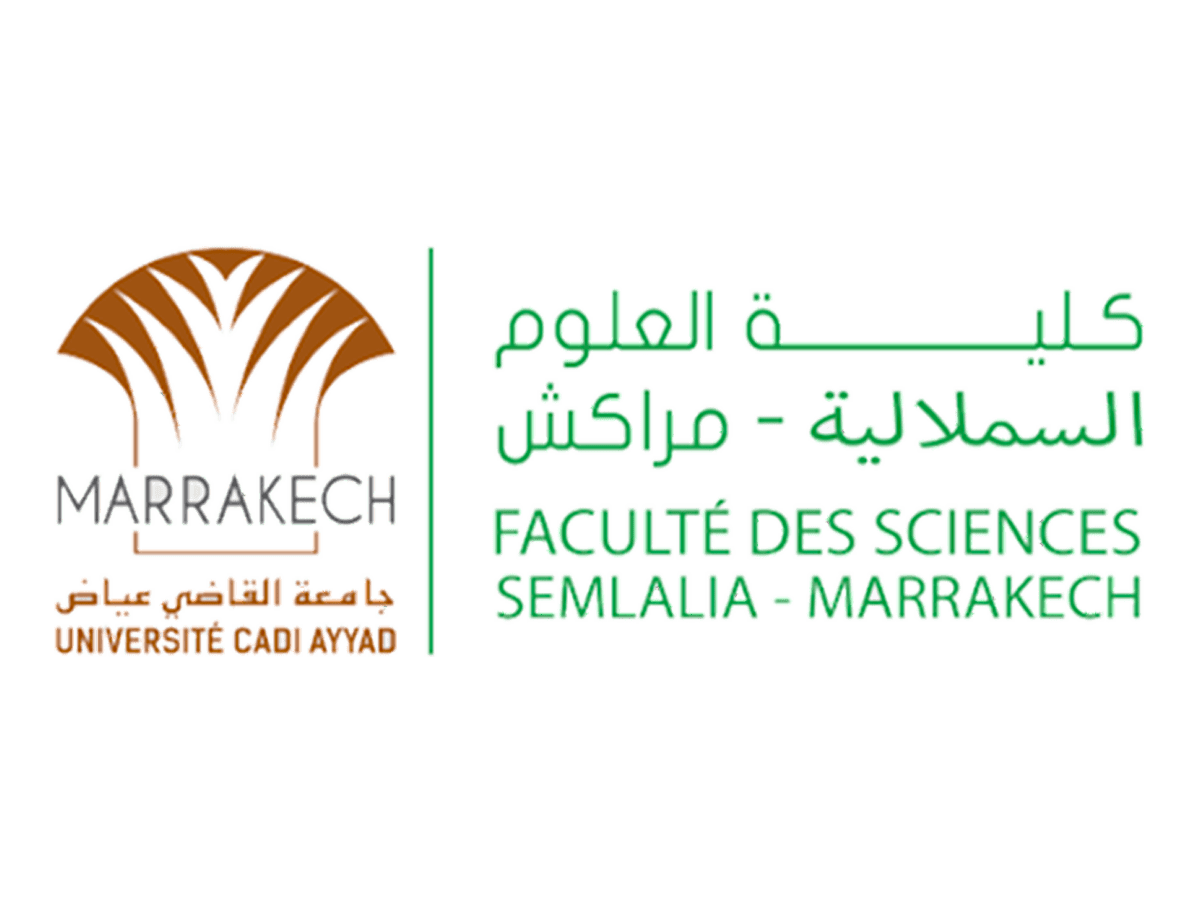
The fourth International Conference on Smart Applications and Data Analysis for Smart Cyber-Physical Systems (SADASC’22)
Co-organized by CCPS laboratory and Hassan II University of Casablanca

will be held during September 22-24, 2022 in Marrakesh, Morocco. SADASC’22 will bring together researchers and industry professionals contributing towards different phases of designing, exploiting and maintaining Smart Cyber Physical Systems and their Applications. These phases include requirements engineering, data acquisition/cleaning, storage, deployment, exploitation, and visualization. Designing these systems also has to consider issues such as ethics, security and privacy. CCPS’2022 follows the success of the Agadir (2016) , Casablanca (2018) and Marakech (2020)
Memories








 Progress in Artificial Intelligence
Progress in Artificial Intelligence 